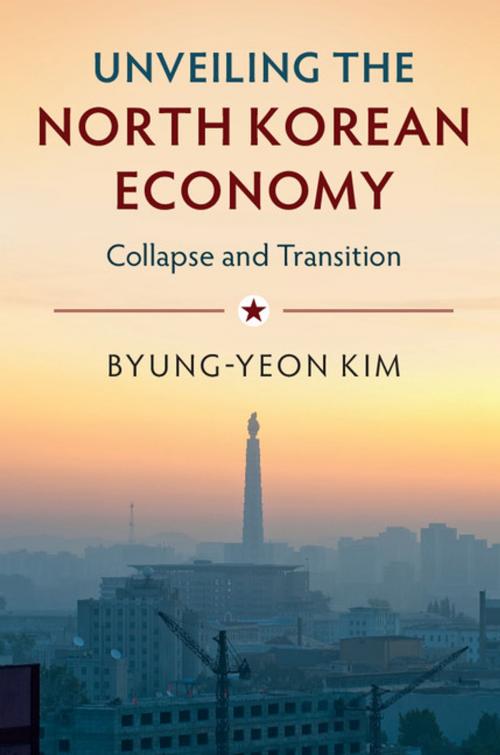Unveiling the North Korean Economy
Collapse and Transition
Business & Finance, Economics, Economic Development, Nonfiction, Social & Cultural Studies, Political Science| Author: | Byung-Yeon Kim | ISBN: | 9781316877388 |
| Publisher: | Cambridge University Press | Publication: | May 27, 2017 |
| Imprint: | Cambridge University Press | Language: | English |
| Author: | Byung-Yeon Kim |
| ISBN: | 9781316877388 |
| Publisher: | Cambridge University Press |
| Publication: | May 27, 2017 |
| Imprint: | Cambridge University Press |
| Language: | English |
North Korea is one of the most closed and secretive societies in the world. Despite a high level of interest from the outside world, we have very little detailed information about how the country functions economically. In this valuable book for both the academic and policy-making circles, Byung-Yeon Kim offers the most comprehensive and systematic analysis of the present day North Korean economy in the context of economic systems and transition economics. It addresses what is really happening in the North Korean economy, why it has previously failed, and how the country can make the transition to a market economy. It takes advantage not only of carefully reconstructed macro data but also rich, new data at the micro level, such as quantitative surveys of North Korean refugees settled in South Korea, and the surveys of Chinese companies that interact heavily with North Korea.
North Korea is one of the most closed and secretive societies in the world. Despite a high level of interest from the outside world, we have very little detailed information about how the country functions economically. In this valuable book for both the academic and policy-making circles, Byung-Yeon Kim offers the most comprehensive and systematic analysis of the present day North Korean economy in the context of economic systems and transition economics. It addresses what is really happening in the North Korean economy, why it has previously failed, and how the country can make the transition to a market economy. It takes advantage not only of carefully reconstructed macro data but also rich, new data at the micro level, such as quantitative surveys of North Korean refugees settled in South Korea, and the surveys of Chinese companies that interact heavily with North Korea.















